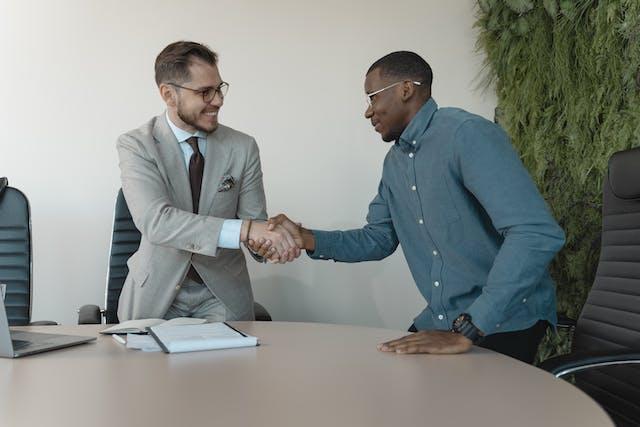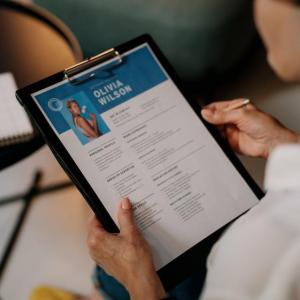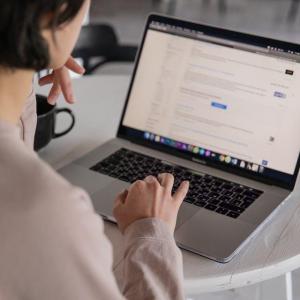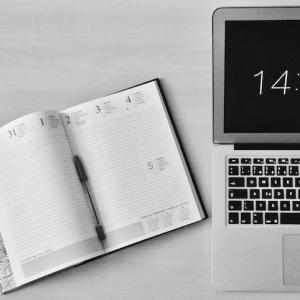
Understanding the Interview's Importance
Job interviews serve as a pivotal juncture in the hiring process, offering candidates the chance to make a memorable first impression. More than evaluating qualifications, they assess cultural fit, interpersonal skills, and problem-solving abilities. A well-prepared interviewee demonstrates enthusiasm for the role and a genuine commitment to adding value to the prospective organization.
Step-by-Step Preparation
The key to a successful interview lies in thorough preparation. Begin by researching the company. Familiarize yourself with its mission, vision, products, services, and recent news. This knowledge will equip you to tailor your responses and show that you're genuinely interested in the organization. Additionally, review the job description to understand the skills and competencies required and reflect on how your experiences align with these.Mock Interviews and Practice
Conducting mock interviews can be an invaluable tool. Enlist a friend, family member, or mentor to simulate the interview experience. This exercise helps in refining answers, getting feedback, and building confidence. Additionally, preparing for common interview questions can ensure you articulate your thoughts clearly and concisely during the actual interview.
Body Language and Presentation
Non-verbal cues can convey confidence and professionalism. Maintain steady eye contact, offer a firm handshake, and sit upright. Dress appropriately for the industry and role. While some tech startups might appreciate a casual look, corporate roles might expect formal attire. First impressions matter, and your appearance and demeanor can set a positive tone for the interview.
Asking Thoughtful Questions
An interview is a two-way street. Prepare insightful questions to ask the interviewer. This not only demonstrates your genuine interest in the position but also helps you assess if the company aligns with your values and career goals. Questions could range from inquiring about team dynamics, company culture, to expectations in the first 90 days.Handling Difficult Questions
Interviewers often pose challenging questions to assess problem-solving skills, resilience, and adaptability. When faced with such queries, take a moment to collect your thoughts, and approach them methodically. Remember, it's not just about the answer but how you articulate your thought process.Concluding the Interview
As the interview wraps up, reiterate your enthusiasm for the position and thank the interviewer for their time. A gracious exit leaves a lasting positive impression. Post-interview, sending a thank-you email or note can further reinforce your interest in the role and appreciation for the opportunity.Post-Interview Reflection
Once the interview concludes, take time to reflect. Consider what went well and areas for improvement. This self-assessment will be beneficial for future interviews. Also, regardless of the outcome, every interview offers a learning experience, contributing to your personal and professional growth.Conclusion: The Art of Interviewing
Interviews might seem intimidating, but with meticulous preparation and the right mindset, they present an opportunity to shine. By showcasing not just your qualifications but also your passion, adaptability, and fit for the company culture, you can significantly increase your chances of landing your desired role.
Article
Be the first comment
Elite Article














